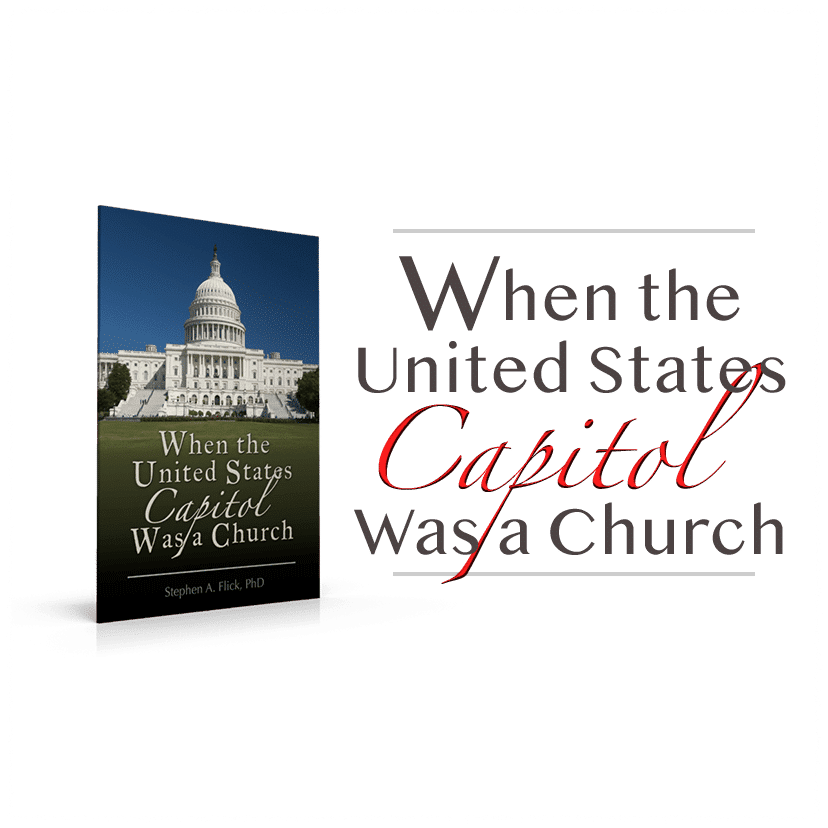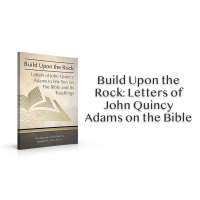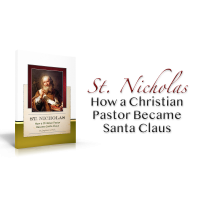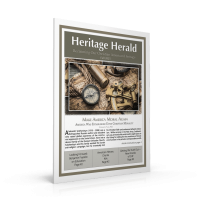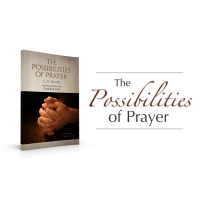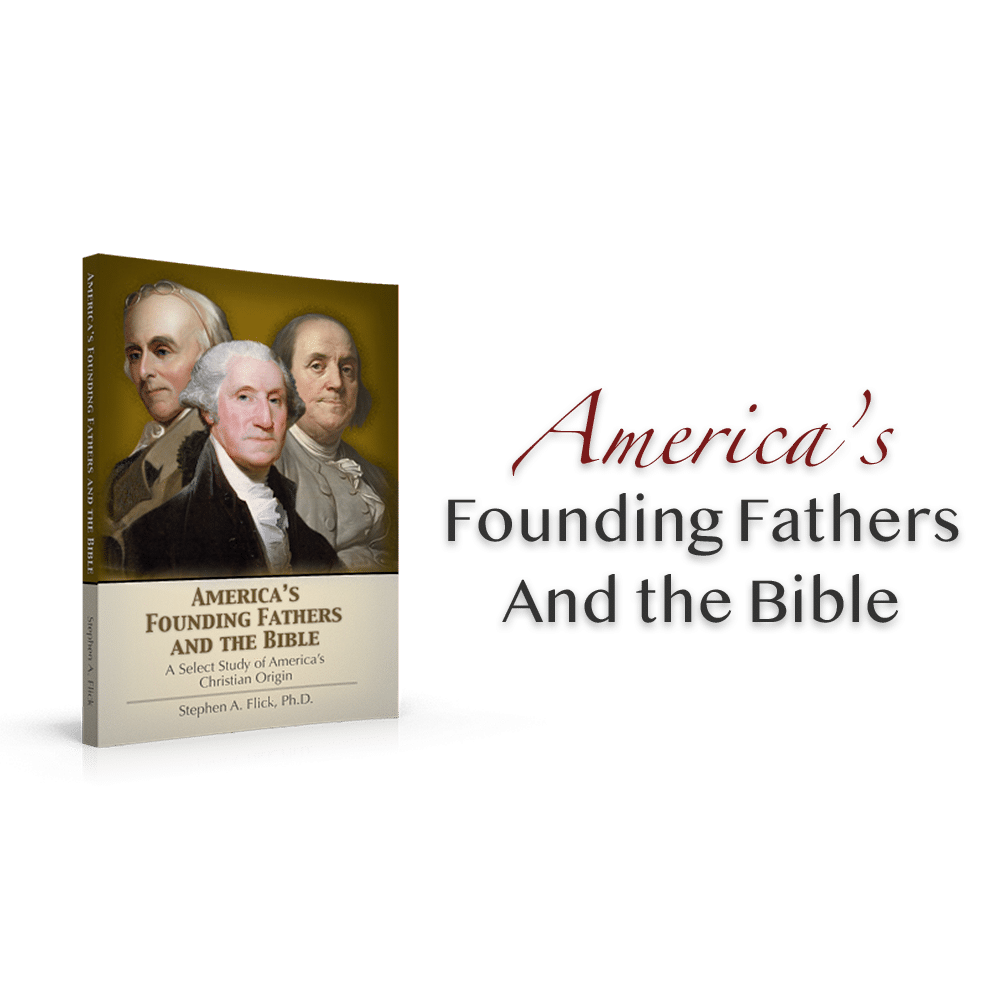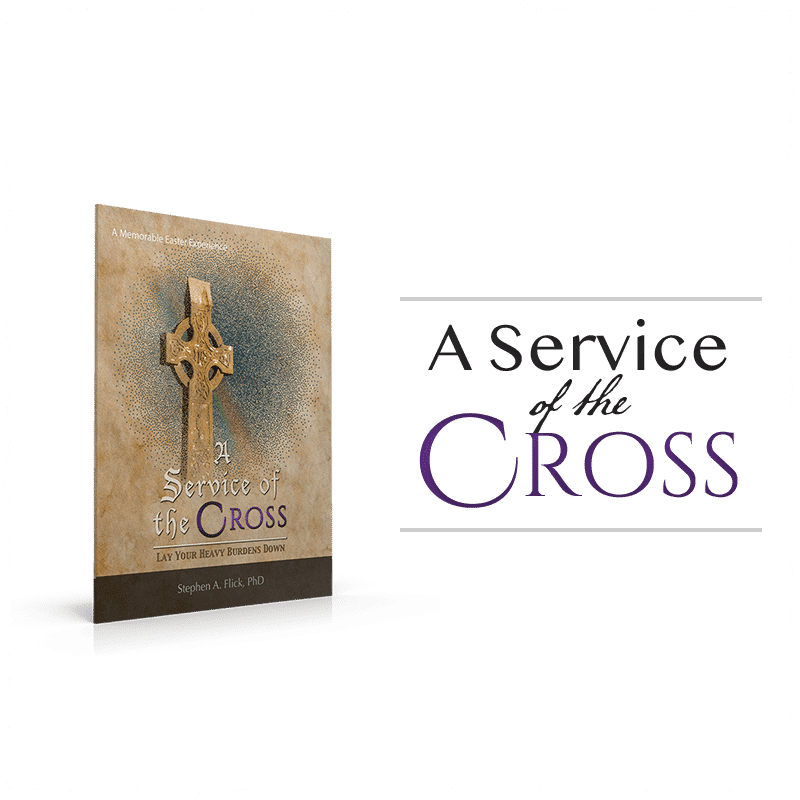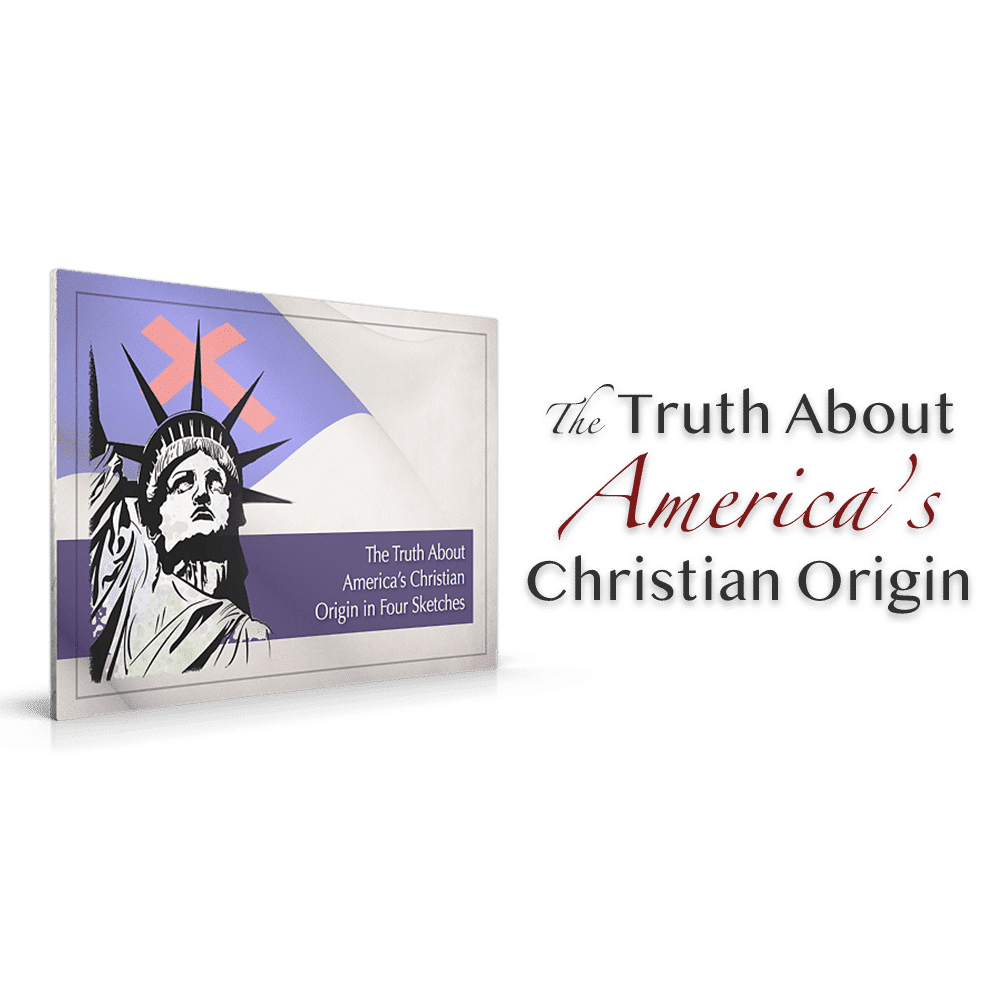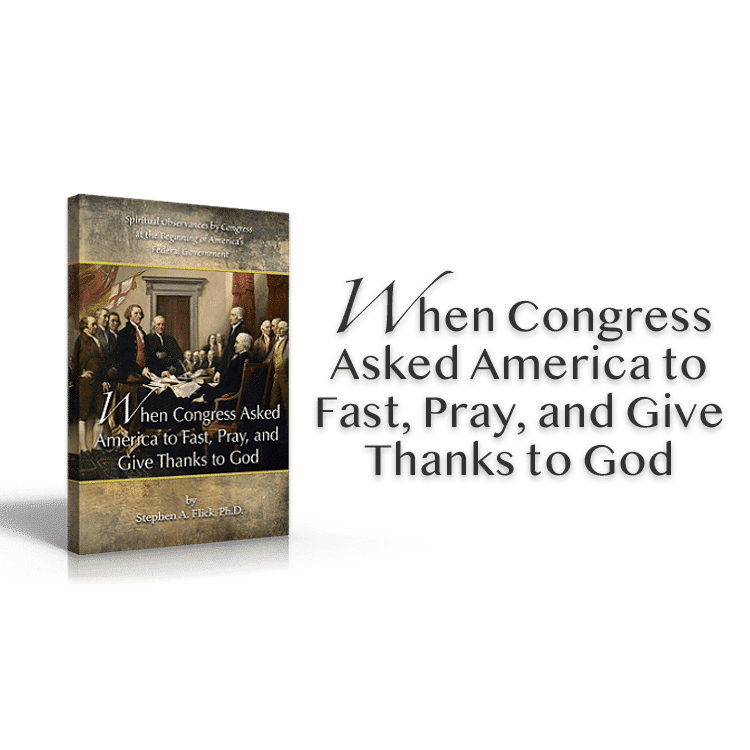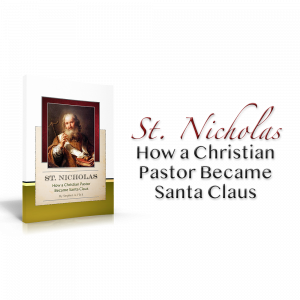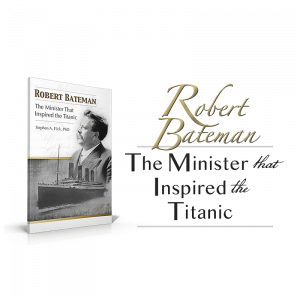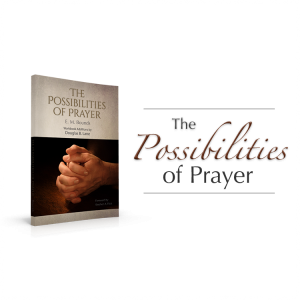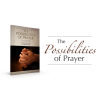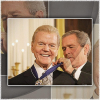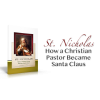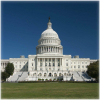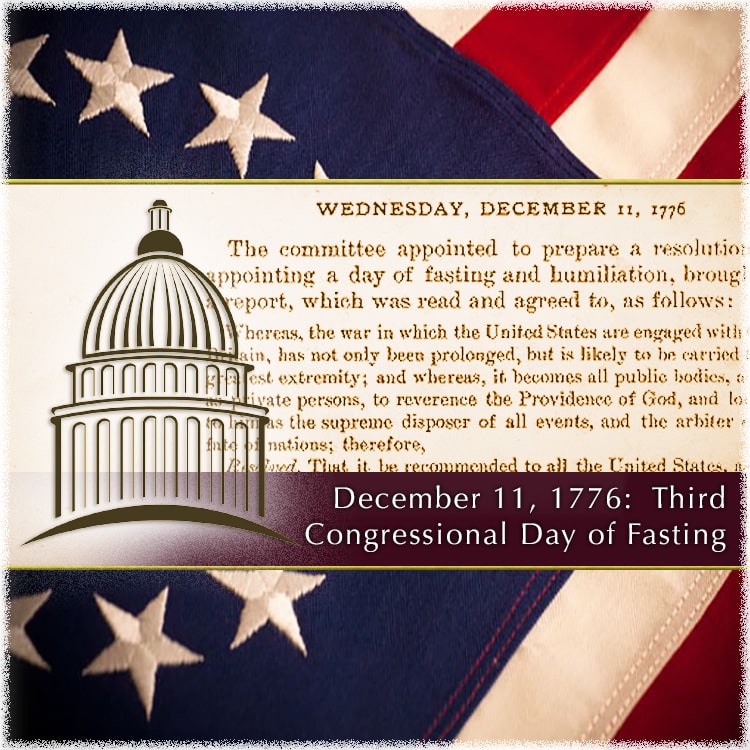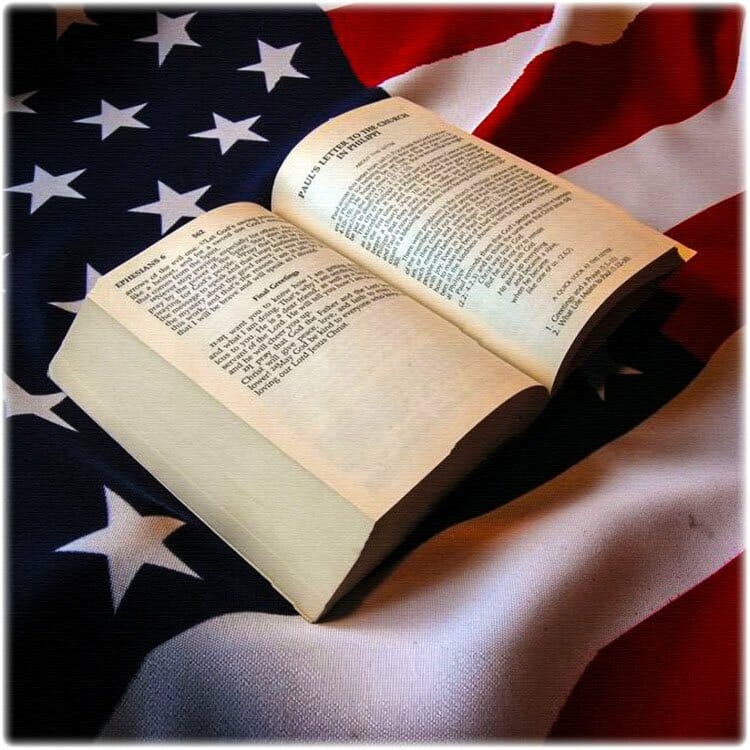So deep and strong was the connection of government to the Christian faith in early America that the relationship was recognized in a variety of ways. Few realize that the United States Capitol was used as a church for years before it was used to convene the United States Congress. For nearly three-quarters of a century, the United States Capitol was used for church services. In fact, it became a meeting place for a number of churches in Washington D.C. While secularists wish to keep this and many other similar historical facts quiet, this fact is one of thousands that witnesses to the spiritual heritage America's Founding Fathers have bequeathed to succeeding generations.
When the United States Capitol Was a Church will encourage believers to stand upon their Christian heritage and assist them in striving to leave a godly legacy to succeeding generations. Get a copy for yourself and be sure to purchase some for family and friends.
Additional Information:
ISBN-13: 979-8502131681
NOTE: Sold individually.
Postage will automatically be added to sale price.
Please email us concerning bulk prices.

